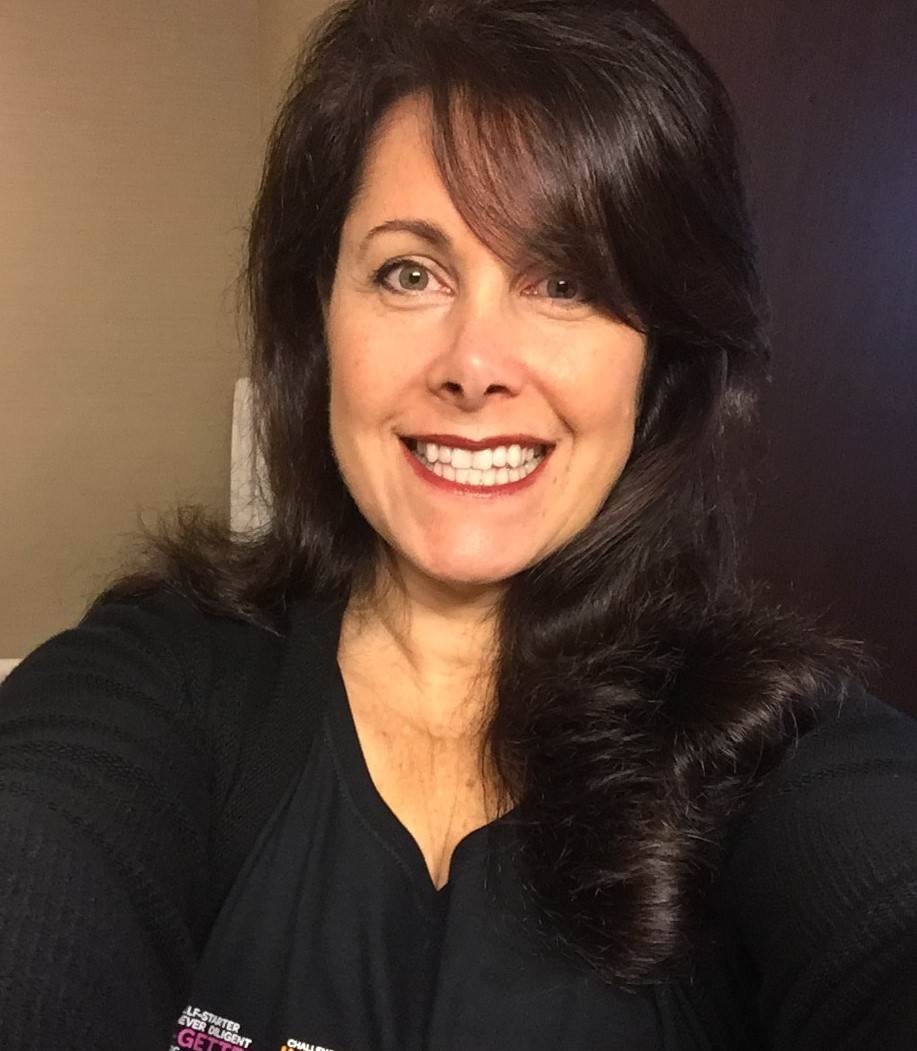According to the DC Housing Authority, the DC housing market is one of the highest priced in the country. High housing costs create challenges for low- to moderate-income (LMI) residents whose incomes are stretched thin by competing priorities, especially unpredictable utility costs. According to PEPCO, District residents pay about $1,000 to $1,500 a year in utility bills, which constitutes, for some, a huge percentage their income. The DCSEU Solar for All program, administered in conjunction with District Department of Energy and Environment (DOEE), is helping to bridge the income gap by offering free power from community solar projects to income-qualified residents.
Community solar allows households that cannot support or afford on-site solar on their roofs to receive a portion of their electricity from a solar project located in DC. Community solar is ideal for income-qualified residents who rent homes or live in apartment buildings in DC where solar is not an option. The DOEE income qualifies residents and provides them with a subscription for the solar. The subscription is then deducted from the overall cost of their utility bill. Community solar projects have been so successful in DC because they enable residents to participate in the clean energy revolution and realize savings of up to 50% on their utility bill.
The DCSEU is working with solar installers through our Solar for All program to rapidly deploy solar across the District for the benefit of low-income DC residents. One company, Flywheel Development, who was selected to participate in the 2019 and 2020 Solar for All programs, is committed to finding ways to use community solar to alleviate the pinch from escalating housing and energy costs.
In 2019, Flywheel built two community solar projects in DC as part of the Solar for All program that will provide free solar power to almost 100 homes:
- Savoy Court located in Ward 8, and
- 2nd Street Co-op, a Low-Income Housing Tax Credit (LIHTC) property located in Ward 4.
Jessica Pitts, Principal of Flywheel, notes that putting solar on LMI buildings and offering residents the ability to subscribe to community solar, “provides a great outcome for the residents that need it the most.” John Miller of Flywheel affirms, “residents in both buildings will qualify for the utility bill reductions offered by the program […] we're talking about 50% reductions in electricity bills. And that's really exciting for residents who, many times, are living on fixed incomes so [these savings] make a big difference.”
Ms. Pitts further explains that she hopes the community solar projects raise awareness about the opportunities for small businesses and job creation in the solar industry, “We often find ourselves in long conversations with curious residents and neighbors about the job opportunities available in solar and other related trades. Hopefully this work will open doors for residents to get involved in new opportunities and strengthen small businesses in the District!”
Asked about Flywheel’s approach, Ms. Pitts added, “Partnering with condominium associations like Savoy Court gives us a chance to create value, yielding financial benefits for both us and the condominium. Together we can ensure that the benefits of the green economy are shared widely and equitably for all.”
During 2019, the first year of the DCSEU Solar for All program, the DCSEU successfully helped deliver more than 7MWs of solar to the DOEE to use as part of their Community Solar subscription management program. The output delivered from 7MWs of solar will provide power to approximately 2,000 DC residents. The DCSEU Solar for All program is in its second year, which promises to bring online a comparable amount of solar, even during coronavirus restrictions. Early in March, the solar industry was deemed essential because of the benefits that solar delivers and was therefore able to continue to build community solar projects. We are working hard in 2020 to deliver the same benefits from solar to those who need it most.
To learn more about how to better afford your electricity costs with help of the DCSEU and the Solar for All program, please contact us at [email protected].
